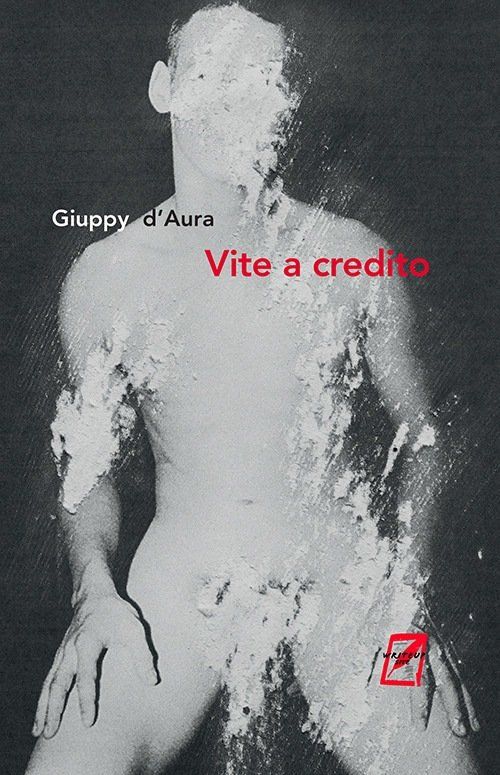ROUGH ONLINE DELVES INTO NOVEL 'LIVES ON CREDIT' BY AUTHOR GIUPPY D'AURA
- by Yuliia Support Team Lead
- •
- 26 Oct, 2018
- •
Fiction | Book | Review

In his debut novel Vite a Credito, literally translatable as “Lives on Credit”, the Italian author Giuppy d’Aura
brings to the fore some issues that trouble today’s thirty-year-old generation. In a historical phase of democratization of wealth and culture, what distinguishes one from the other? What stigmatizes us from a widespread flattening and mediocrity?
Alex, the main character, is just about thirty and lives in Rome, Italy. He dreams to become a writer and his difficult journey brings him to London, a metropolis that becomes the core of the main theoretical and philosophical concerns of the book itself.
The novel is a Bildungsroman in sorts, as the reader empathizes with the protagonist, while he tries his chance, he fails and he tries again. However, this is a postmodern reinterpretation of the genre: there is no redemption, no integration and, above all, Alex learns little from his mistakes.
Alex, the main character, is just about thirty and lives in Rome, Italy. He dreams to become a writer and his difficult journey brings him to London, a metropolis that becomes the core of the main theoretical and philosophical concerns of the book itself.
The novel is a Bildungsroman in sorts, as the reader empathizes with the protagonist, while he tries his chance, he fails and he tries again. However, this is a postmodern reinterpretation of the genre: there is no redemption, no integration and, above all, Alex learns little from his mistakes.
Alex is cynic, ironic and has a prickly personality. In particular, his nihilism concerns the social values of the social class he belongs to – the middle sort. Indeed there is nothing he abhors the most. He also does not come to any compromise with the publishing world. He aims always higher and despises the weak. In particular, he does not stand his own flaws.
Alex’s journey includes Rome, London, Rome again and New York. Throughout those relocations, he turns from novice writer to sales assistant, from gigolo to failed writer. The pace of the text is upheld by irreverent descriptions of the environments and people it comes in touch with and a shameless pen that pays homage to great literature. Moreover, brilliant dialogues make a clean sweep of any political correctness. These features make Lives on Credit a key novel to read all in one breath, at least for those who speak Italian.
Alex’s journey includes Rome, London, Rome again and New York. Throughout those relocations, he turns from novice writer to sales assistant, from gigolo to failed writer. The pace of the text is upheld by irreverent descriptions of the environments and people it comes in touch with and a shameless pen that pays homage to great literature. Moreover, brilliant dialogues make a clean sweep of any political correctness. These features make Lives on Credit a key novel to read all in one breath, at least for those who speak Italian.
Trailer Credit:
Filming & Directing: FRANCESCO COGLIATI
Producer: FEDERICA SOSSO
Filming & Directing: FRANCESCO COGLIATI
Producer: FEDERICA SOSSO










